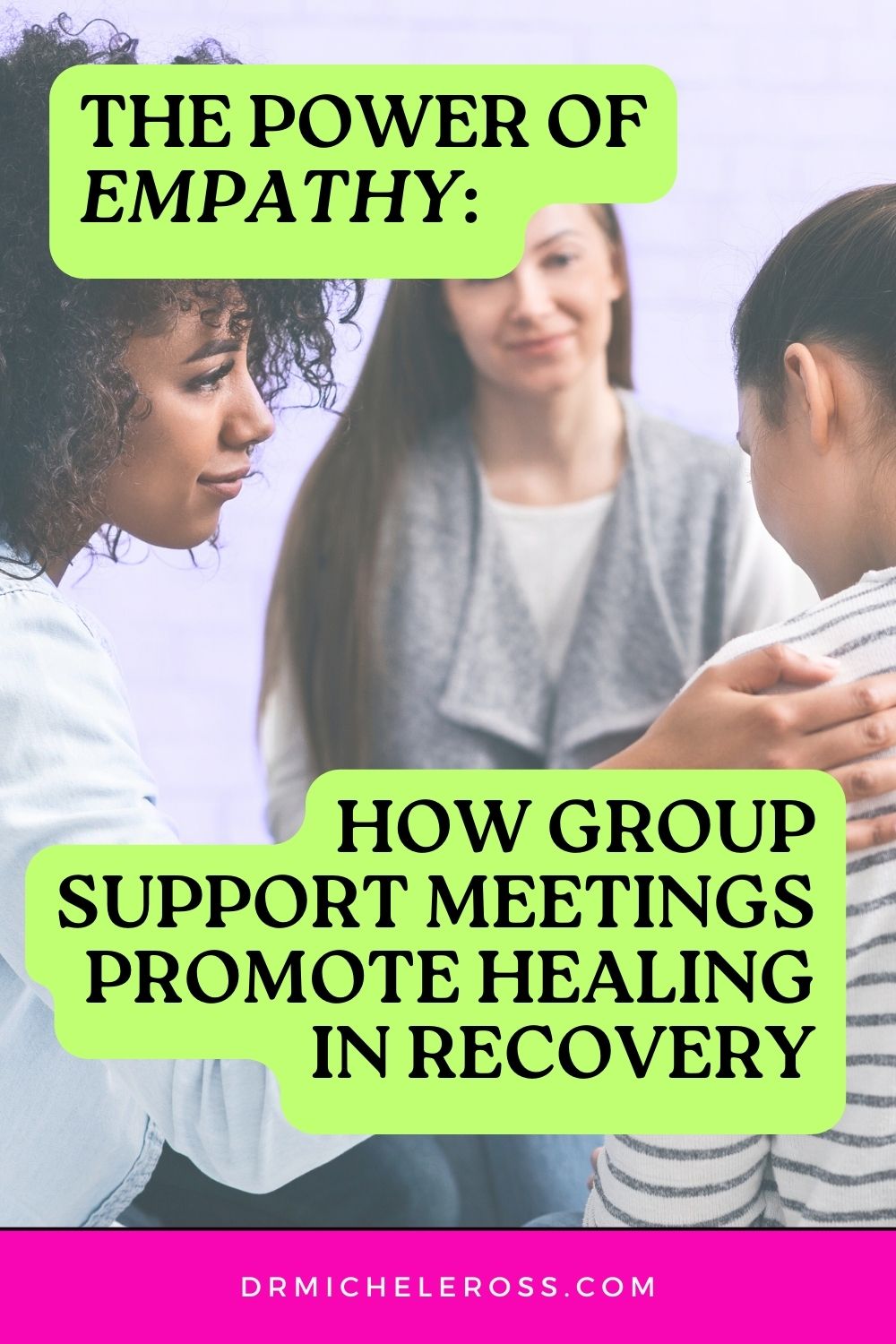
Key Takeaways
- Group support meetings offer emotional and psychological benefits.
- They provide a structured environment for discussing struggles and successes.
- Meeting formats can vary, including in-person, online, and hybrid options.
- Ongoing participation has been shown to enhance the chances of long-term recovery.
- Evidence-based research supports the efficacy of group support meetings.
Understanding Group Support Meetings
Group support meetings are a staple in the recovery process for many individuals recovering from substance use disorders. These gatherings offer a secure and private space to discuss their experiences, challenges, and achievements. Sharing and hearing stories from others fosters a sense of community and understanding among participants. If you’re wondering, “Where are AA meetings near me?” these gatherings can often be found locally or online, making participation accessible to everyone in need. The sense of belonging and acceptance found in these meetings can be a lifeline for those struggling to stay sober.
Moreover, these meetings offer much more than just a platform for storytelling. They provide a structured program rooted in principles that guide members through recovery. In this sense, group support meetings serve as a social support system and a practical framework for achieving and maintaining sobriety.
Emotional and Psychological Benefits
One of the primary advantages of attending group support meetings is their profound emotional and psychological support. Recovering can feel lonely, but connecting with others who are going through the same thing can considerably lessen loneliness. The emotional support provided by these meetings can be a powerful antidote to the despair and hopelessness often associated with addiction recovery. Feeling connected can significantly improve mental health and decrease the chances of relapse.
If you’re looking for structured support, many addiction treatment centers include group meetings as part of their recovery programs, and the sessions combine medical guidance with the shared experience of others who’ve gone through similar things, helping you stay accountable and connected while you heal.
Sharing personal stories and experiences within a group setting can create an environment of mutual respect and understanding. The shared sense of understanding can serve as a strong driver, inspiring people to remain dedicated to their path toward healing. Additionally, hearing about others’ successes and setbacks provides valuable lessons and insights to help members navigate their challenges more effectively.
Diverse Meeting Formats
Group support meetings are available in various formats, including in-person, online, and hybrid. Each format offers unique benefits and can cater to different needs and preferences. For instance, in-person meetings provide a tangible sense of community and allow for more personal interactions, which can be exceptionally comforting for some individuals. On the other hand, online meetings offer flexibility and accessibility, making it easier for people with busy schedules or mobility issues to participate. Online meetings are an excellent choice for individuals uneasy about attending face-to-face meetings or living in areas that need access to local meetings.
Hybrid meetings combine in-person and online elements and offer the best of both worlds. They allow participants to choose the best format daily, providing maximum flexibility. This adaptability ensures that individuals can consistently attend meetings, regardless of life’s unpredictable demands. The availability of diverse meeting formats ensures that support is always within reach, no matter the circumstances.
Structured Environment
The structured environment of group meetings is crucial in the recovery process. These meetings typically follow a consistent schedule and format, which helps create a sense of normalcy and routine for participants. This design is especially advantageous for those who need help being disciplined and consistent in their everyday routines. By adhering to a regular meeting schedule, participants can develop healthy habits and routines that contribute to their recovery.
Moreover, the predictable nature of these meetings provides a sense of stability and security. Knowing what to expect and being part of a reliable support system can alleviate anxiety and stress. The structured environment also encourages accountability, as regular attendance and participation help reinforce the importance of staying on track and adhering to recovery goals.
Long-term Recovery
Research indicates that ongoing participation in group support meetings can significantly increase the likelihood of long-term recovery. Continuous engagement in these meetings helps reinforce the lessons learned and provides ongoing support, vital in maintaining sobriety. The sense of accountability that comes with regular attendance can serve as a strong deterrent against relapse, as individuals feel a sense of responsibility towards their fellow group members.
Additionally, long-term involvement in group support meetings allows individuals to build deeper connections and form lasting relationships with others in recovery. These connections can offer a beneficial support system beyond just the gatherings, giving help and motivation when required. This long-lasting feeling of unity and acceptance can be crucial in assisting individuals in overcoming the obstacles of long-term recovery and sustaining their dedication to a sober way of life.
Evidence-Based Support
Many studies have demonstrated the effectiveness of group support meetings in the recovery process. The emotional, psychological, and practical support provided by group meetings and other treatment modalities can significantly enhance overall recovery outcomes.
According to various clinical trials, individuals who participate in group support meetings are more likely to maintain their sobriety and achieve long-term recovery compared to those who do not engage in such support systems. The evidence-based nature of these meetings ensures that they are grounded in proven principles and practices. By attending group support meetings, individuals can benefit from a comprehensive and holistic approach to recovery that addresses their emotional, psychological, and practical needs.
Conclusion
Group support meetings are vital to the recovery process, offering emotional solace, psychological support, and a structured environment conducive to long-term sobriety. Whether online, in-person, or hybrid, clinical research and real-world experiences support the benefits of participating in these meetings. If you’re on the path to recovery, consider incorporating group support meetings into your routine. The sense of community, accountability, and guidance these meetings provide can significantly impact your journey toward a healthier, sober life.
Pin This Post





